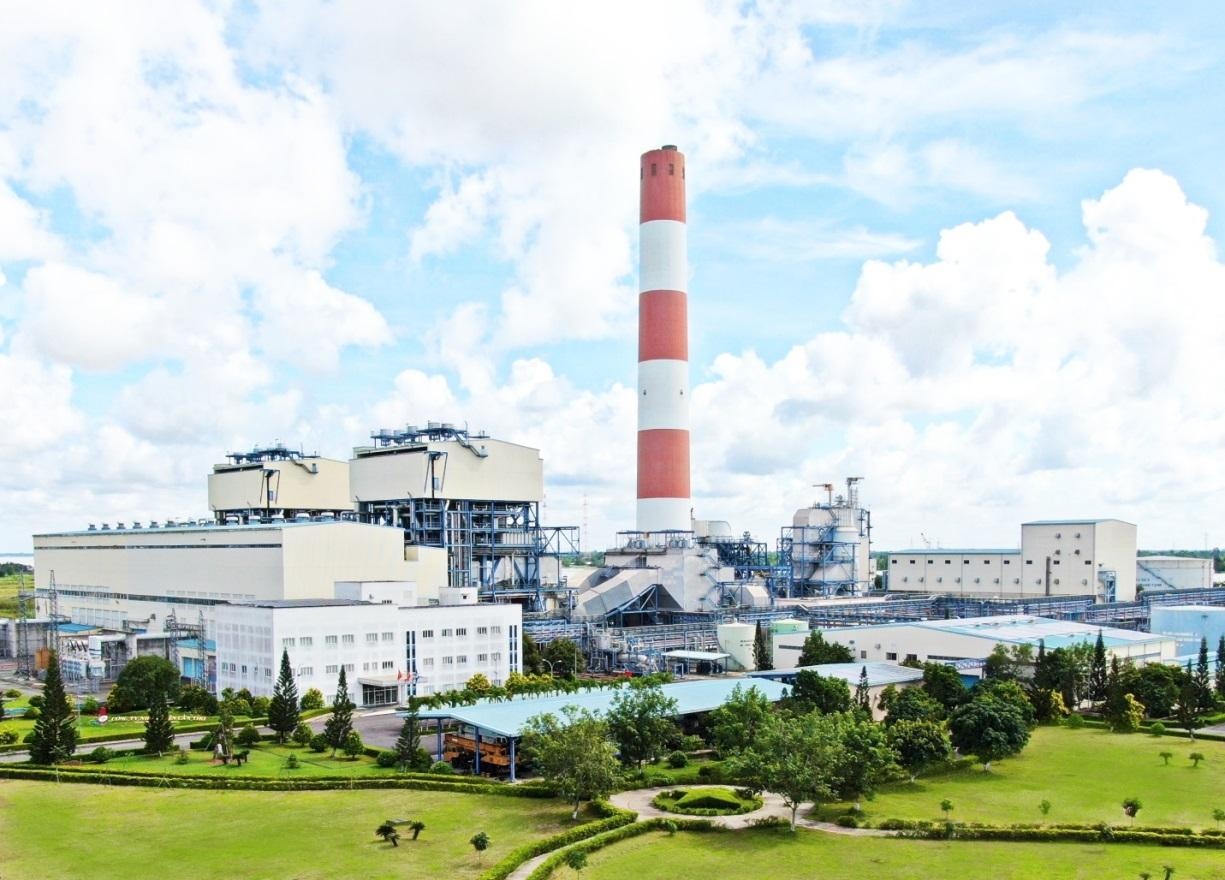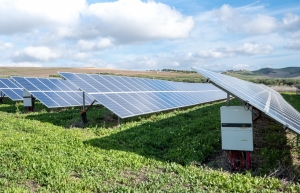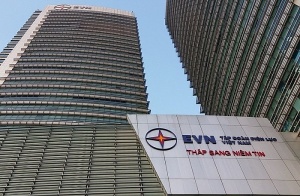Audit flags delays in EVN power projects, exacerbating energy crunch
 |
Vietnam's recent power shortage crisis can be attributed, in part, to the slow implementation of energy projects by the state-run EVN, according to a comprehensive audit carried out by the Inspectorate of the Ministry of Industry and Trade (MoIT).
Experts believe it is crucial to scrutinise the underlying causes for these delays to expedite the projects and rectify the power scarcity issue.
According to local media, the audit, covering January 2021 to June 2023, noted sizeable setbacks in EVN's performance. Despite a sizeable investment portfolio comprising 13 power generation projects (yielding a cumulative capacity of 8,973MW) and 274 power grid projects, the inspectorate uncovered concerning delays across the board.
Numerous projects were identified as falling short of the timeline stipulated in Vietnam's Seventh Power Development Plan. One egregious example is the Quang Trach 1 thermal power project, running three years late, which has led to a shift in responsibility for the O Mon 3 and 4 thermal power projects to Vietnam Oil and Gas Group (PetroVietnam). The Dung Quat 1 and 3 projects are also straggling behind their initial deadlines set for 2023 and 2026, respectively.
Similarly, hydroelectric power projects are in dire straits. The ambitious Ialy hydroelectric expansion project is lagging by an alarming 45 months, while the Hoa Binh hydroelectric power plant had to seek schedule readjustment to 2025. The Bac Ai pumped-storage hydroelectric project is also running approximately six years late.
The 500-220kV transmission projects are no exception to these ongoing delays. Among the affected ventures are the 500kV line project, the Laos power import grid project, and the project geared towards liberating northern hydropower capacity. Such delays not only compromise operational safety and reliability, but also pose a formidable impediment to Vietnam's power supply.
The conclusion of the MoIT audit places the onus squarely on EVN's Board of Directors and Management Board, who are held accountable for the failure to meet project schedules and achieve the targeted investment plan objectives.
In response to the audit findings, the MoIT Inspectorate is appealing to EVN and associated entities to adhere strictly to approved project schedules, expedite project delivery, and adopt a clearer delineation of responsibilities for delayed projects.
Power industry pundits argue that although EVN holds the primary responsibility for these delays, it's critical to conduct a thorough and comprehensive evaluation of the contributory factors. Such in-depth analysis is particularly pertinent given the substantial investment scale, and the extensive procedural obligations of these projects requiring consultation with a raft of ministries and local authorities.
For instance, the pace of projects like O Mon 3 and 4 and Dung Quat 1 and 2 is intertwined with the progress of the Lo B and Blue Whale gas supply projects. Meanwhile, the Bac Ai pumped-storage hydroelectric project faces a stumbling block over forest land use conversion issues, and the Hoa Binh hydroelectric power plant is grappling with complex geological challenges.
Several power grid projects have also run into difficulties relating to route agreements, land clearance compensation, and forest land conversion. Bureaucratic hurdles, as mandated by the Investment Law, extend the approval procedures to between 50 and 65 days – a timeline further extended when land-related processes are involved.
Given the intricate web of procedural obligations involving numerous review and approval bodies, experts recommend that project delays be thoroughly investigated. A comprehensive understanding of the roles, responsibilities, and interplay among all parties involved in each project will be essential in crafting viable solutions, expediting project delivery, and ultimately, alleviating Vietnam's ongoing power shortage woes.
 | Renewable energy investment challenges in Vietnam: risks and delays Minister of Industry and Trade Nguyen Hong Dien has noted that many investors have neglected procedures and violated regulations in their rush to meet the Feed-in-Tariff deadline. |
 | EVN under scrutiny for serious operational and regulatory failures The Ministry of Industry and Trade (MoIT) has published an audit report highlighting operational inefficiencies, regulatory non-compliance, and critical infrastructural delays within Electricity of Vietnam (EVN) and other related entities, prompting a call for immediate rectification and improved management measures. |
What the stars mean:
★ Poor ★ ★ Promising ★★★ Good ★★★★ Very good ★★★★★ Exceptional
Related Contents
Latest News
More News
- Masan Consumer names new deputy CEO to drive foods and beverages growth (February 23, 2026 | 20:52)
- Myriad risks ahead, but ones Vietnam can confront (February 20, 2026 | 15:02)
- Vietnam making the leap into AI and semiconductors (February 20, 2026 | 09:37)
- Funding must be activated for semiconductor success (February 20, 2026 | 09:20)
- Resilience as new benchmark for smarter infrastructure (February 19, 2026 | 20:35)
- A golden time to shine within ASEAN (February 19, 2026 | 20:22)
- Vietnam’s pivotal year for advancing sustainability (February 19, 2026 | 08:44)
- Strengthening the core role of industry and trade (February 19, 2026 | 08:35)
- Future orientations for healthcare improvements (February 19, 2026 | 08:29)
- Infrastructure orientations suitable for a new chapter (February 19, 2026 | 08:15)

 Tag:
Tag:




















 Mobile Version
Mobile Version